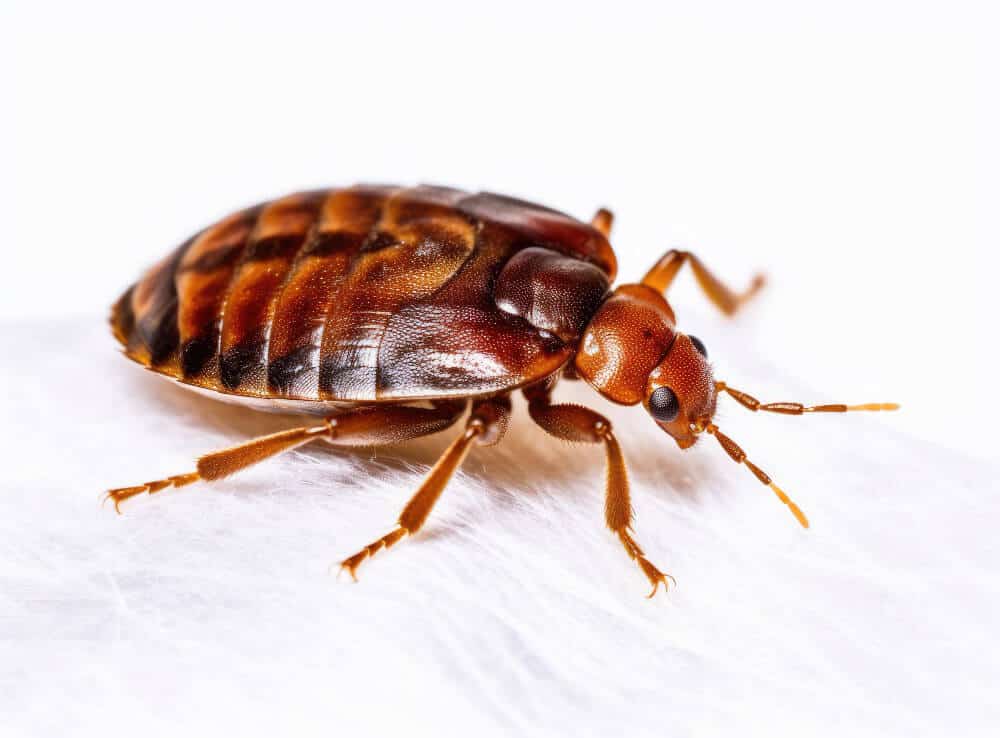A1 Bed Bug Exterminator Houston: Trustworthy Treatment Solutions
Wiki Article
Comprehending the Lifecycle of Pests for Targeted Control Techniques
Recognizing the lifecycle of insects is a fundamental aspect of effective parasite administration strategies. With a much deeper understanding of how parasites progress and thrive, tailored control techniques can be made to resolve certain points in their lifecycle, eventually leading to more effective parasite monitoring end results.Relevance of Recognizing Insect Lifecycle
Recognizing the lifecycle of insects is crucial for establishing effective and targeted control strategies in parasite administration. By understanding the numerous stages an insect goes via from egg to adult, insect control specialists can determine prone points in the lifecycle where treatment can be most successful.In addition, recognizing the specific environmental problems essential for each and every phase of the pest's lifecycle can lead decisions on environment alteration or exemption techniques to lower and disrupt the lifecycle pest populations. This understanding allows pest administration specialists to execute proactive measures instead of relying exclusively on responsive therapies, bring about even more sustainable and long-term parasite control solutions. Inevitably, a comprehensive understanding of bug lifecycles encourages parasite control practitioners to customize their approaches efficiently, lessening ecological influences and making best use of control results.
Trick Stages in Bug Advancement
To successfully apply targeted control approaches in parasite management, an essential aspect hinges on comprehensively determining and comprehending the essential stages in bug growth. Insect advancement commonly is composed of a number of essential stages that are crucial for their lifecycle and administration. The initial stage is the egg phase, where insects lay eggs that later on hatch out right into larvae. Larvae after that progress into pupae, a stage where they undertake metamorphosis before becoming grown-up parasites. Understanding these stages is important as it aids in pinpointing weak spots in the lifecycle where control actions can be most efficient.

Vulnerabilities in Insect Lifecycle
Throughout the different phases of an insect's lifecycle, distinctive susceptabilities emerge that can be strategically targeted for efficient control measures (A1 bed bug removal houston). One critical vulnerability lies in the egg phase, where pests are typically extra prone to particular pesticides or biological control agents due to their soft outer covering, making them much easier targets for treatment. Recognizing these susceptabilities in the pest lifecycle is crucial for developing exact and reliable control strategies that efficiently manage pest populations while reducing environmental effect.Executing Targeted Control Steps

Executing targeted control measures generally includes a multi-faceted technique. This might include habitat adjustment to make the environment less congenial to insects, such as eliminating standing water for mosquito control or securing access factors for rodents. In addition, organic control techniques can be used, where all-natural killers or pathogens are introduced to keep parasite populations in check.
Integrated Insect Management (IPM) approaches that incorporate different control steps in a collaborated and lasting manner are typically the most efficient in attaining long-term parasite administration goals. By implementing targeted control procedures based on a complete understanding of insect lifecycles, bug populations can be efficiently controlled while minimizing threats to human wellness and the atmosphere.
Enhanced Pest Administration Practices

In addition, the unification of biological control agents, such as all-natural killers or virus of parasites, can aid minimize reliance on chemical pesticides and promote a more balanced ecosystem. Implementing physical barriers and traps my explanation can also be part of boosted pest administration methods, using safe and targeted services for bug control. Additionally, the use of scents and various other semiochemicals can disrupt pest breeding patterns and communication, bring about decreased parasite populaces over time.
Final Thought
By determining key phases in pest development and susceptabilities in their lifecycle, targeted control procedures can be implemented to reduce insect populations. Boosted insect administration practices can assist lower the reliance on broad-spectrum chemicals and advertise even more lasting and ecologically friendly parasite control methods.Recognizing the lifecycle of pests is essential for developing effective and targeted control techniques in bug administration. By understanding the numerous phases a parasite goes through from egg to adult, pest control experts can recognize prone factors in the lifecycle where intervention can be most successful. Ultimately, a detailed understanding of insect lifecycles equips insect control experts to tailor their methods efficiently, reducing ecological impacts and optimizing control results.
By carrying out targeted control measures based on a thorough understanding of parasite lifecycles, insect populaces can be properly controlled while lessening threats to human health and wellness and the setting.
By identifying vital stages in insect development and vulnerabilities in their lifecycle, targeted control procedures can be implemented to reduce parasite find this populations.
Report this wiki page